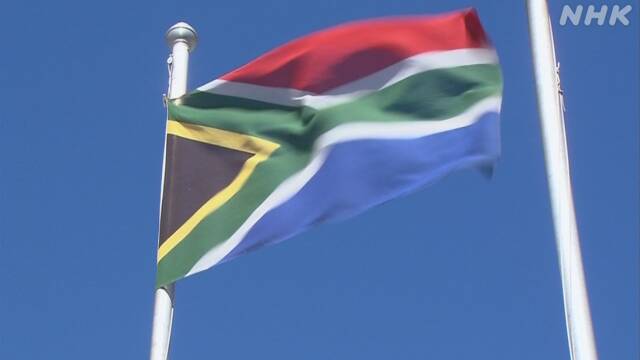The new mutated coronavirus was found, and the vaccine was imported for the first time to South Africa, where the infection continues to spread, and medical personnel will be vaccinated in the future.
On the other hand, it is expected that it will take some time to secure the target number of vaccines by the government, and the “vaccine gap” is an issue compared to developed countries.
In South Africa, more than 1.45 million people have been confirmed to be infected, the highest number on the African continent, and a mutated virus was found in December last year, spreading the infection.
Under these circumstances, the vaccine was imported to South Africa for the first time on the 1st, and President Cyril Ramaphosa went to the international airport in Johannesburg, the largest city, to receive the vaccine.
He expressed his hope in a speech to the public, stating that "the arrival of the vaccine can change the course."
The vaccine imported this time is one million doses developed by AstraZeneca and others and manufactured by a major Indian pharmaceutical company, and will be vaccinated for medical professionals in the future.
South Africa has also decided to secure vaccines by participating in a framework for fair distribution of vaccines involving the United Nations and others.
However, even if these are combined, it is expected that it will take some time for the government to secure about 40 million people, which is 67% of the population, and as the mutated virus spreads, it will be secured and vaccinated compared to developed countries. The issue of "vaccine disparity" over time is an issue.

